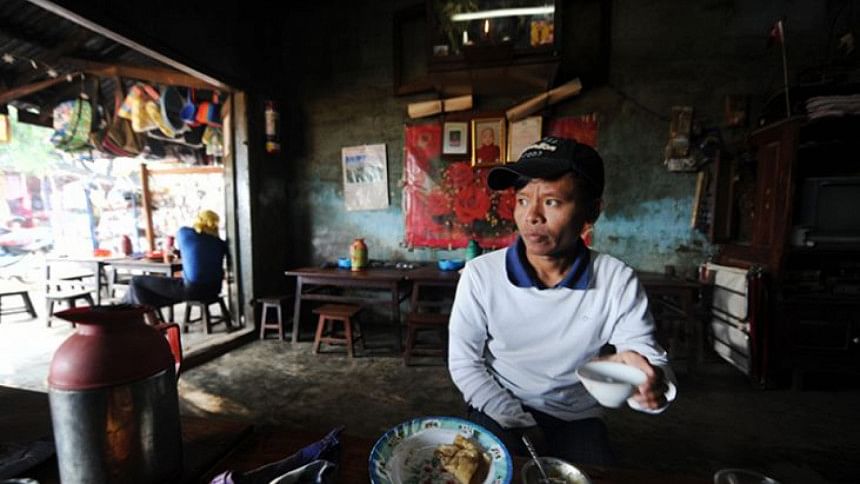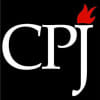Release 3 detained journos immediately, CPJ urges Myanmar

Myanmar authorities should immediately release three journalists arrested in northern Shan state yesterday on accusations of unlawful association after they covered an event organised by an armed ethnic group that is banned by authorities, the Committee to Protect Journalists has said.
Myanmar's military arrested Aye Naing and Pyae Phone Naing from the Democratic Voice of Burma news agency, and Thein Zaw, a reporter for The Irrawaddy media group, according to the Office of the Commander-in-Chief of the Armed Forces, CPJ said in its news alert yesterday.
The journalists were arrested alongside four other people as they returned from covering a drug-burning ceremony arranged by the Ta'ang Liberation Army, an outlawed armed ethnic group. The event was held as part of the UN's International Day Against Drug Abuse and Illicit Trafficking, according to reports.
The military plans to charge the journalists under the 1908 Unlawful Associations Act, according to Zaw Htay, a spokesperson for the president's office who cited an unnamed military official. Zaw Htay told Reuters the journalists are detained by the military but will be transferred to police custody. If convicted, they could face up to three years in prison.
"Aye Niang, Pyae Phone Naing, and Thein Zaw should be immediately freed and allowed to carry on with their work as journalists," said CPJ Asia Program Coordinator Steven Butler. "Using the archaic Unlawful Associations Act to incarcerate journalists is an affront to democracy in Myanmar."
Editors from the Democratic Voice of Burma and The Irrawaddy said they had lost contact with their reporters and did not know where they were being held. "We are worried for the safety of our journalists," Khin Maung Soe, a multimedia editor for the Democratic Voice of Burma, told reporters.
CPJ has campaigned for a repeal of the Unlawful Associations Act, which has long been used by Myanmar's military to restrict reporters' activities. The law criminalizes contact with groups deemed to pose a threat to national security and in the past was used to prevent contact with media groups operating in exile.
In October 2014, CPJ documented how the act was used to justify the detention of Aung Kyaw Naing, a journalist popularly known as Par Gyi who was accused of belonging to an insurgent group while covering hostilities near the township of Kyaikmayaw. Par Gyi was later shot and killed in military custody. Two soldiers were acquitted of his death during a secret military trial, according to reports. During a mission to the Myanmar capital of Naypyidaw earlier this month, a delegation of CPJ representatives met Niang's widow, Than Dar, who says she continues to press for justice.
CPJ also pressed the government in meetings in Naypyidaw for a swift repeal of section 66(d) of the Telecommunications Act, which has been used to imprison journalists without trial under vaguely defined defamation charges.

 For all latest news, follow The Daily Star's Google News channel.
For all latest news, follow The Daily Star's Google News channel. 








Comments